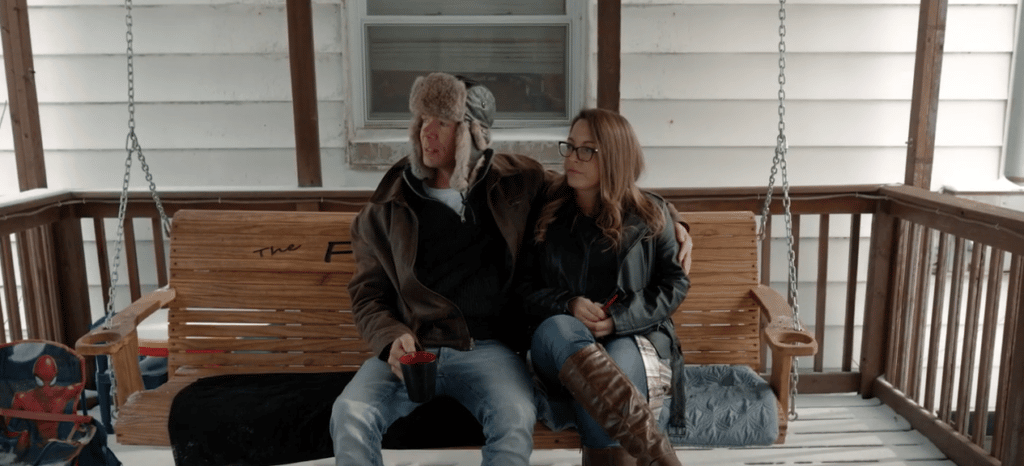Addiction of any kind starts with just one time of using. While not everyone who uses a substance will have issues with it, there are many people who become dependent on it for a long time. Having a current addiction right now, such as opioid addiction, can lead to long-term mental, emotional, and physical effects.
When you use opioids for a long time, your brain and body change and adapt to the presence of the opioids. That’s why, over time, more opioids are needed to get the same effects. The long-term effects of using opioids regularly and at increasing levels can have an impact on the future.
We’ll talk about several of the long-term effects that can come from opioid addiction. We’ll also share how Groups can help to reduce and even reverse these long-term effects.
7 long-term effects of opioid addiction
By learning about how opioid addiction, or opioid use disorder, can affect you down the line, you may get a better sense of whether treatment is right for you.
Here are seven long-term effects of opioid use disorder:
- Negative effects on the brain — Everything that you put into your body will have an effect on it, in one way or another. For opioids in particular, the drugs can impact the function of several organs, especially the brain. The longer you use the substance, the more damage you may have. For example, opioids can impact the reward system of the brain, leading to a reduced ability to feel pleasure.
- Withdrawal symptoms — When the body becomes used to opioids, it may start to feel withdrawal symptoms within hours after the last dose. Withdrawal can cause you to feel physically sick. Symptoms can include nausea, muscle cramps, and dizziness. These symptoms can lead people back to taking opioids because they don’t want to experience withdrawal any longer. That contributes to the dependency.
- Pain sensitivity — If you stub your toe or give yourself a papercut, you will probably feel pain. However, your tolerance for pain may decrease as opioid addiction continues. Pain sensitivity from opioids is often referred to as opioid-induced hyperalgesia. It can lead to not only an increased sensitivity to pain, but also an extreme reaction to the sensation.
- Strained or unhealthy relationships — Opioid addiction can interfere with personal relationships because it can cause mood changes, unpredictable behavior, and social withdrawal that affect communication and connection. If these challenges are continuous over a long period of time, they can lead to significant issues, such as lack of support and isolation.
- Decreased productivity — Opioid addiction can affect your everyday life, especially your job, household chores, and hobbies. If opioids are decreasing your motivation and physical abilities, it can lead to a decrease in productivity that can impact your finances, personal goals, and living circumstances.
- Poor mental health — It’s possible for people to try to self-medicate with opioids for mental health disorders or symptoms, such as depression and anxiety. However, feelings of depression and anxiety can also be caused by long-term opioid use, which can impact your quality of life. It can cause you to become reliant on how you think or feel while on opioids, such as feeling relaxed and euphoric.
- Risk of overdose — In 2022, more than 14,000 overdose deaths were linked to prescription opioid use. As you continue to take opioids, you gain a tolerance for the chemicals, leading to you looking for stronger options. It can increase your risk of overdosing because you’ll want to keep seeking out a higher dose.
Groups can help treat opioid addiction to reduce long-term effects
We’ve all done things in the moment that have consequences later that we might not have considered. However, even though opioids can have negative effects on your mental and physical health, addiction can make you push those effects out of your mind. When you’re ready to take control of your future, and reduce the impact of opioids as much as possible, we’re here for you.
At Groups, we can help you reduce the risk of long-term effects by treating your addiction and being by your side during your recovery journey. We use withdrawal management medication, group therapy, and social services to help you every step of the way. There is hope, and most people do recover. We’re here to help provide you with that hope and keep you moving forward.
Give our Recovery Support Specialists a call today for more information or to begin your recovery.




